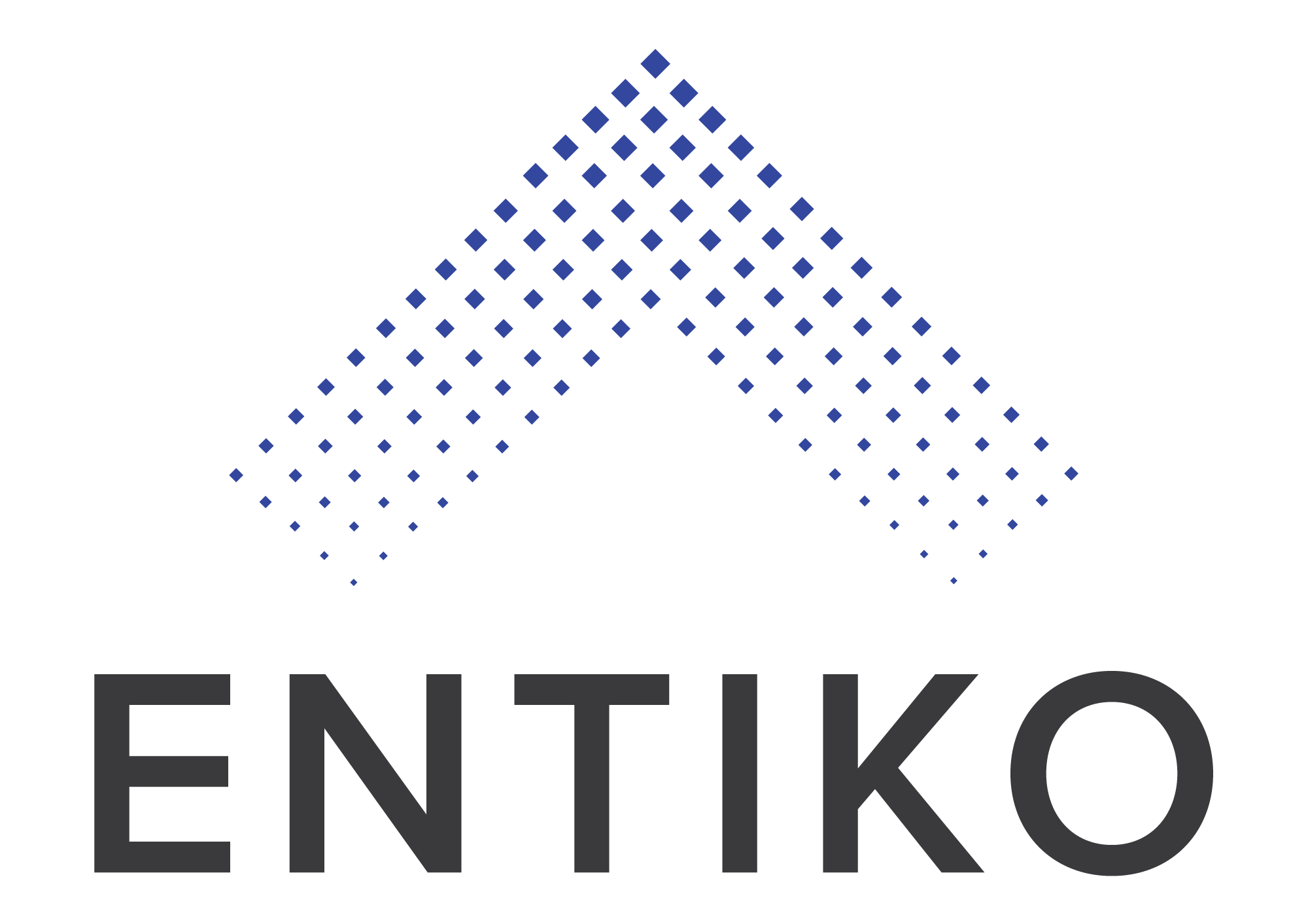The Internet of Things (IoT) is playing a pivotal role in transforming energy management systems, making them more sustainable and efficient. By integrating smart devices and sensors across various sectors, from residential to industrial, IoT enables real-time monitoring and control of energy usage, paving the way for significant advancements in energy conservation and sustainability efforts.
In residential settings, smart thermostats and lighting systems adjust automatically based on occupancy and preferences, significantly reducing unnecessary energy consumption. These IoT devices not only offer convenience and comfort but also contribute to substantial energy savings, helping households lower their carbon footprint and utility bills.
For commercial and industrial facilities, IoT takes energy management to a new level. Smart sensors can monitor energy consumption across different processes and equipment, identifying areas of inefficiency and potential improvements. This granular level of insight allows businesses to optimize their operations, reduce waste, and achieve greater energy efficiency, ultimately leading to cost savings and reduced environmental impact.
The integration of IoT in renewable energy systems, such as solar and wind power, enhances the ability to monitor performance and manage distribution. Smart grids, enabled by IoT technology, dynamically balance energy supply and demand, incorporate renewable energy sources more effectively, and improve the reliability and resilience of power systems.

Driving Sustainability with Smart Energy Systems
Central to the evolution of energy management is the development of smart energy systems. These systems leverage IoT to not only optimize energy consumption but also promote the use of renewable energy sources. By providing real-time data and analytics, smart energy systems enable better decision-making and forecasting, facilitating a smoother transition to sustainable energy practices.
Smart energy systems can dynamically adjust to changing energy demands, integrate renewable energy into the grid more efficiently, and encourage consumers to participate in energy-saving programs. For instance, demand-response programs incentivize users to reduce or shift their energy use during peak times, alleviating strain on the grid and promoting energy conservation.
The challenges in implementing smart energy systems include the need for substantial infrastructure investment and concerns over data security. However, the potential benefits, such as enhanced energy efficiency, reduced carbon emissions, and improved grid stability, make these systems a cornerstone of future energy management strategies.
IoT is revolutionizing energy management, leading to smarter, more sustainable practices that benefit both the planet and the bottom line.
As we continue to confront global energy challenges, the role of IoT in advancing energy management and sustainability becomes increasingly crucial. The potential for IoT to drive energy efficiency and foster the adoption of renewable energy sources is immense, marking a significant step towards achieving a more sustainable and environmentally friendly energy landscape. The integration of IoT in energy management is not just a technological evolution; it’s a necessary stride towards a greener, more sustainable future.



